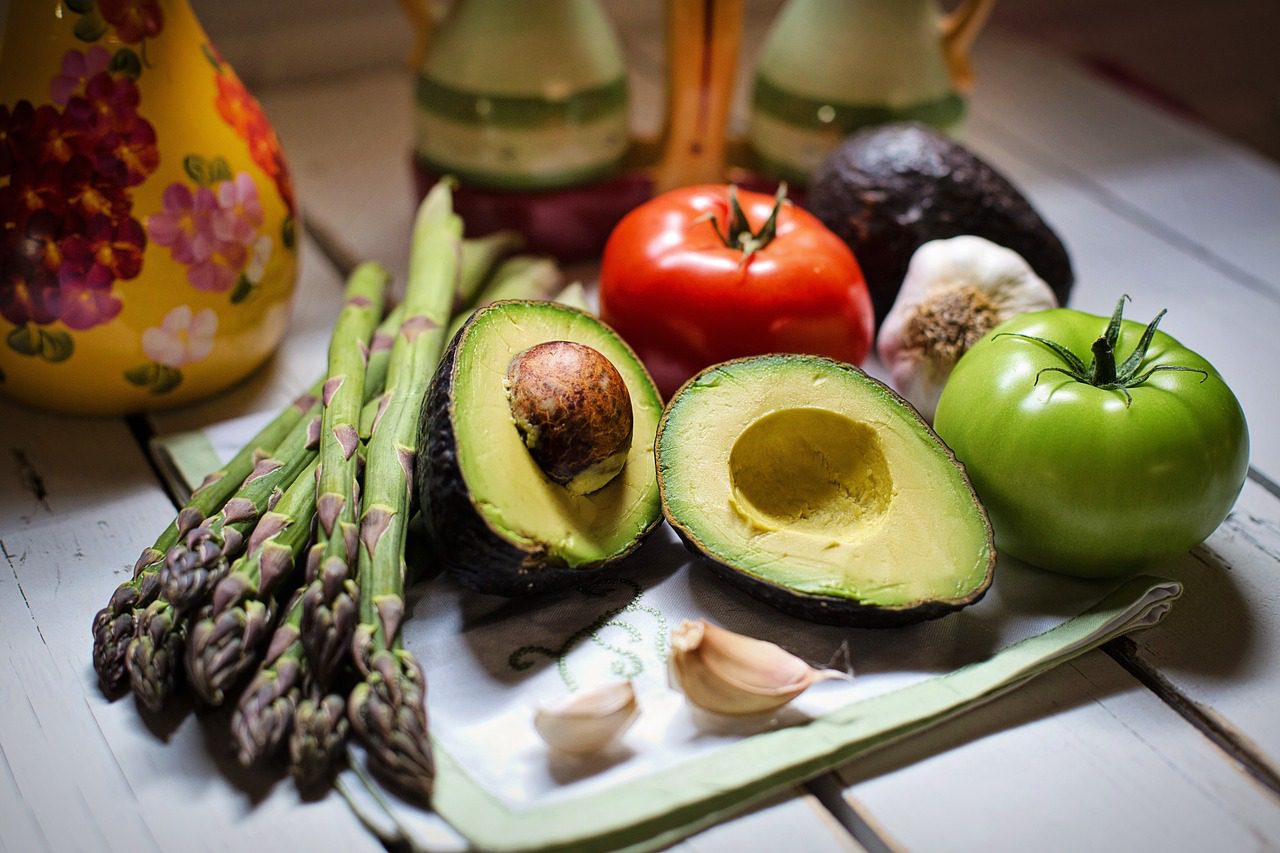Exploring Cultural Cuisine: A Journey through College Dining Halls

At first glance, finding your way around college eating halls might seem like an everyday part of college life. If you look a little deeper, though, you’ll find a rich tapestry of tastes and countries. Each meal tells a story that goes beyond its parts. This isn’t just a place for students to eat in between classes; it’s a culinary adventure where they can try food from all over the world without ever leaving campus. What makes college eating halls so good at turning what should be a normal meal into a way to learn about other cultures? Let’s look around this deliciously varied world.
The Melting Pot of Flavors
With students from all over the world, college sites are like little versions of the real world. Because people are so different, dining services try to meet a wide range of dietary needs and cultural tastes. In the kitchen, it’s important to make young people feel at home and encourage them to try new things, but this is more than just giving them a lot of different foods. Have you ever thought about what it would be like to eat breakfast in France, lunch in Mexico, and dinner in India all in the same day? In a way, college eating halls make this easier.
Learning Beyond the Classroom
A different kind of learning beyond the classroom exists in the busy setting of a college campus, where ethnic food provides a taste of the world’s diversity. This type of learning is as enriching and essential for many students to succeed academically. It’s the support and materials offered for courses like accounting, which can have as many intricate details and nuances as the components of a classic Moroccan tagine. Seeking help with accounting homework can help students understand the intricacies of financial statements, balance sheets, and cash flow analysis, just like traveling to new places can extend their cultural horizons and gastronomic appreciation. Academic achievement requires this kind of support, which might come from study groups, tutoring facilities, or online resources. It facilitates students comprehension of difficult concepts, helps them apply theory to practical settings, and helps them obtain a well-rounded education. Academic tools that make studying more palatable and enjoyable, such as accounting homework help, guarantee that students may successfully negotiate the challenging financial terrain of their studies. This is comparable to how dining halls encourage gastronomic exploration of many cultures.
Bringing the World to Your Plate
The most interesting parts of this trip are the themed nights and strange get-togethers that focus on different foods. For these events, the dining hall needs to be changed to make an atmosphere that is more than just serving food from one area. Imagine going into your dining room and seeing decorations that make you think of how calm Japan is or how lively Morocco’s markets are. It’s more than just a meal; it’s a trip to another world.
The Role of Chefs and Culinary Teams
The people who work in the dining halls love food and cultural expression, and they do their best to make sure each meal tastes great. To make the recipes seem more real, these workers add stories from their own lives. This is because they have had a lot of different experiences. But how do they keep their menu fresh and full of different types of food?
Innovation and Adaptation
The kitchen staff is always coming up with new ideas and making small changes to tried-and-true recipes to meet the needs of the university’s students who follow special diets. These changes never affect the meals’ unique tastes. There is a lot to think about when trying to find the right balance between these parts. You need to be able to change or add ingredients in creative ways that don’t change the dish’s cultural meaning. These cooks are ready to do the job, even though it will be tough.
The Impact on Student Life
There are more benefits than just satisfying your taste buds when you try ethnic food in college eating halls. It makes students more willing to try new things when they eat and eat things they might not have tried otherwise. It is also very important for building a feeling of community among students from different cultures. After all, eating together is a universal sign of friendship and understanding.
Building Bridges Through Food
Foreign students might find comfort food from home as a way to think of their home country. Some people also think it’s a tasty way to learn about the cultures of their friends. Making new friends and getting to know each other through food is a way to bond that might not have happened in the dorms or classroom halls.
Challenges and Considerations
It’s not easy, but the trip has its own style. It takes careful planning and the right tools to handle the details of a lot of different cuisines, make sure they are real, and meet dietary needs. A lot of people will be happy if restaurants serve both traditional comfort food and new, innovative foods.
A Continuous Learning Process
Finding ethnic food in college dining halls is a dynamic, ever-evolving process. Culinary teams need student input in order to refine and adjust their goods. It’s a continuous learning process that mimics the more all-encompassing college academic route for everyone taking part.
Conclusion
In college eating halls, learning about foreign food is more than just a way to meet your nutritional needs. It’s about getting to know each other, learning, and exploring, as well as enjoying meals together. Every bite that students take in this food environment feeds not only their bodies but also their minds and hearts. Dining halls show that the most interesting events can happen right next to your dorm room because they let you see the outside world. Before you leave the dining hall the next time, take a moment to enjoy the food that is given to you. You could find it anywhere.
*This is a guest post on LABELESS Nutrition



